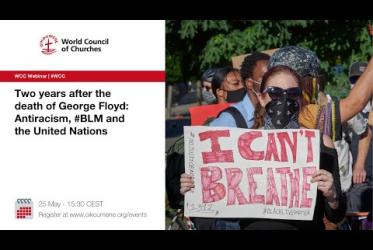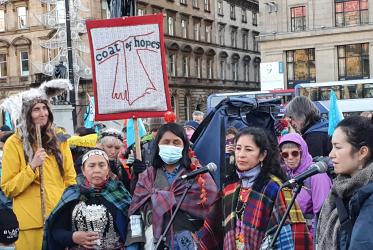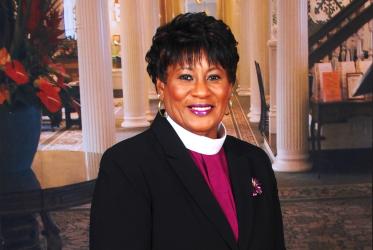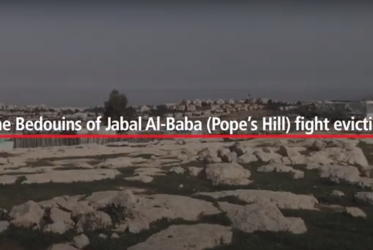Displaying 1 - 20 of 25
As Bethlehem prepares for Christmas, ‘it’s all about community’
08 December 2022
Promoting human dignity through art
06 September 2022
Video: Freedom to worship - Easter Initiative 2021
01 April 2021
Video: Khan Al Ahmar - Easter Initiative 2021
01 April 2021



















